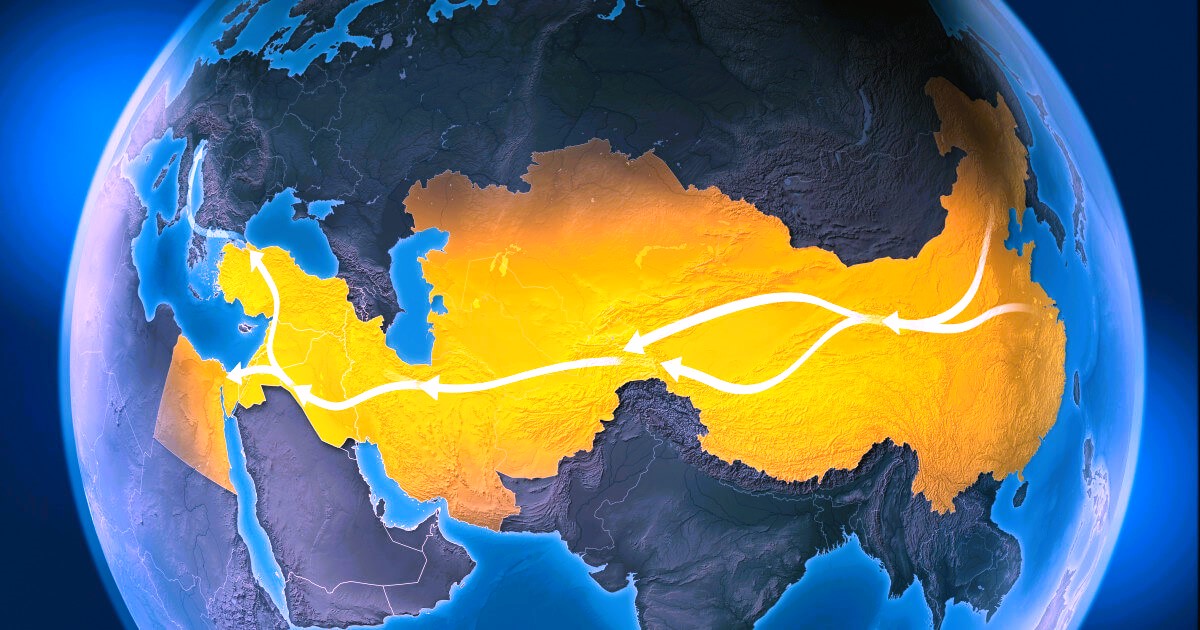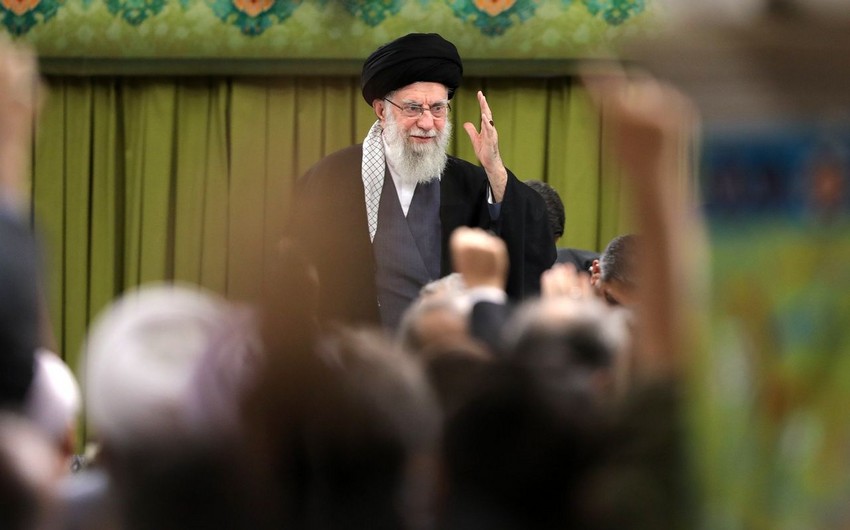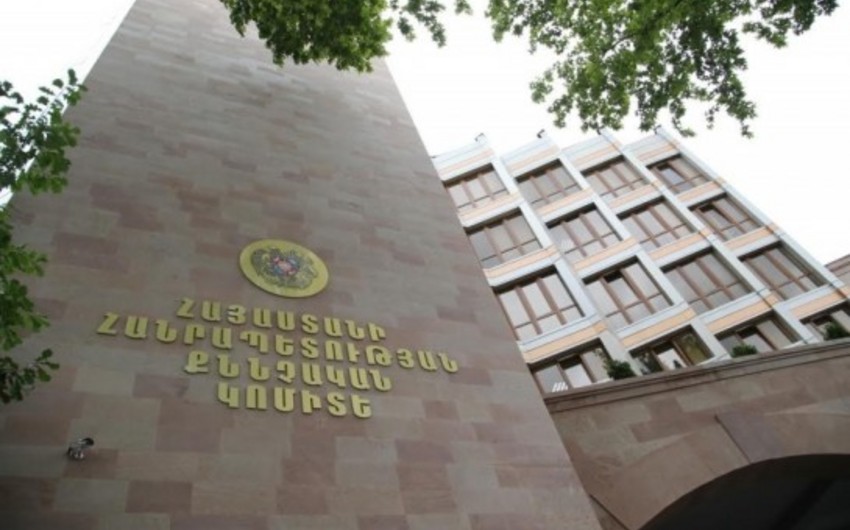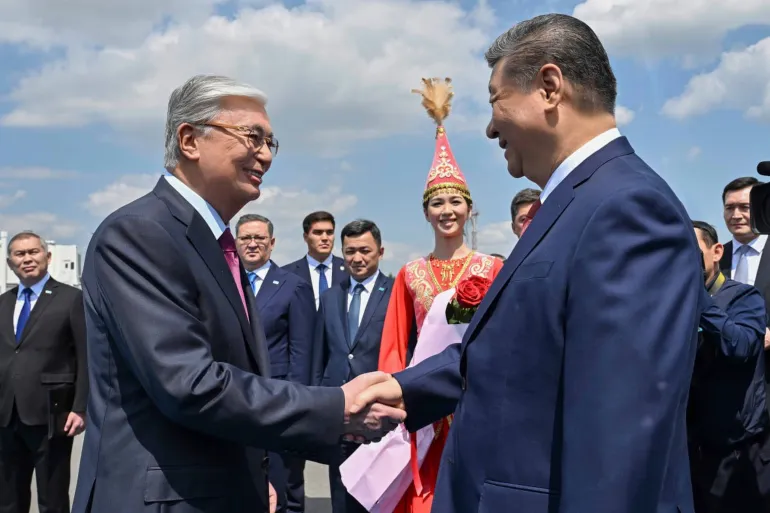China’s Maritime Silk Road (MSR) is an integral part of Xi Jinping’s Belt and Road Initiative (BRI). The Suez Canal, Red Sea, and Gulf of Aden are essential to the success of the MSR and, consequently, to the BRI.
The disruption in Red Sea has once again highlighted the strategic importance of the Chinese BRI which is indeed a mega project of trans-regional connectivity, acting like a bridge among states, societies, systems and seas around the world.
The Red Sea, historically an important connecting hub for regional as well as international trade, is now a flash point of escalating conflict in the region. Frequent rockets and drones raining down on commercial vessels have badly spoiled global maritime security and trade routes.
The emerging Red Sea crisis highlights its multiplier effects on energy & food security and global trade, and the imperative for long-term solutions. Thus BRI holds the global importance, guaranteeing easy and smooth sailing of blue economies around the globe. The completion of numerous trans-regional projects of the BRI is vital for maritime security and trade routes.
The ongoing Israel-Hamas war has polluted the waters of Red Sea which is now in the line of fire from Houthi forces and regional proxies are marginalizing the bright prospects of socio-economic prosperity diminishing impacts on trans-regional connectivity. US Secretary for State Blinken started has once again started his diplomatic efforts to put an end to ongoing war but has not been succeeded because of lack of clarity and sincerity and formation of bloc mentality.
The Panama-flagged Number 9 operated by China's COSCO, was hit by a drone, intensifying the stakes. Even Pakistan is also confronting with this risk due to which most recently Pakistan Navy has been deployed in Arabian Sea to protect its maritime interests. As the crisis persists, it forces a strategic shift in how global trade routes are navigated, challenging the status quo and prompting a reassessment of risk factors.
It is important to address the complex and complicated challenges posed by the Red Sea crisis, long-term solutions are essential. It is suggested to further diversify supply chains through reduction of vulnerability to targeted disruptions. Moreover, development of alternative trade routes and decentralization of maritime means will enhance resilience but also contributes to the creation of a more adaptive global trade infrastructure in which BRI would play any important role in the world.
Unfortunately, the ongoing Red Sea crisis undermines Africa's potential as a key player in reshaping global trade dynamics. Egypt and Ethiopia have joined the BRICS on January 1, 2024 but ongoing crisis is giving these countries a tough time.
China and its BRI have become the biggest investor, stimulator and engine of economic growth and connectivity in African continent. The BRI’s clean energy and green energy projects can serve as catalysts for regional economic growth, fostering stability and contributing to a more balanced global economic landscape.
The BRI with its trans-regional port developments around Africa presents an ideal opportunity for all the regional countries. BRI is further strengthening land-based road networks and integrating them with ports, creating a comprehensive infrastructure strategy. It facilitates socio-economic prosperity, peace and stability in the region and also aligns with the broader goal of creating interconnected and resilient trade routes.
It seems that the international community badly needs to follow the true spirits of the Chinese Global Security Initiative (CGSI), the Shanghai Cooperation Organization (SCO) as well as BRICS to bring peace in the troubled waters of Red Sea and institutionalize elements of peace and stability in the regional as well as international maritime security routes through building of intensive trans-regional maritime connectivity, ports, railways and land roads under the flagship project of the BRI.
The GSI purely focus on enhancing global security cooperation can promote meaningful dialogues and discussions resultantly, establishing norms and protocols to safeguard maritime commerce. The SCO, emphasizes on regional stability and security, can provide a platform for affected countries and communities to engage in constructive dialogue, promoting understanding and de-escalation.
It is suggested to establish trustworthy channels for open communication and diplomatic engagement to easing tensions and preventing further escalation in Red Sea. Peaceful persuasions and dialogue, diplomacy and development should be beacons of hope for fostering understanding and dialogue, which are essential ingredients for a stable and secure international maritime environment.
Developing of alternative routes and decentralization of supply chain networks is the need of hour. This approach reduces the risks associated with regional conflicts and bolsters the creation of anti-fragile global supply chain systems. Diversification becomes paramount as reliance on single routes proves increasingly precarious in the face of geopolitical uncertainties. Thus reshaping trade routes, fostering regional development, and creating resilient global systems is the way forward.
Undoubtedly, despite the western propaganda the Red Sea has become critical link in the BRI which started an unnecessary geopolitical competition in the Eastern Hemisphere over the past decade. The Chinese policy makers are heavily investing in African continent developing infrastructure projects, ports, rails, land-based communications, energy and food cooperation and above all qualitative human capital under the BRI.
It developed Djibouti, the Red Sea and the Mediterranean trade routes under the flagship project of BRI. China also rehabilitated and enlarged Port Sudan’s container terminal under BRI which vividly reflects its positive, productive and participatory socio-economic spirits in the continent.
In summary, BRI is transforming African continent through numerous mega projects of infrastructure development, ports, rails and land based communications. It involves in the Red Sea since the war in Gaza started in October 2023. It seems that the conflict in Gaza has spilt over into the Red Sea, promoting proxies and the US setting up a maritime task force has become potential risks for regional as well as global maritime security and international trade.
Stability in the Red Sea region is also crucial to many Saudi development plans. The Yanbu pipeline terminal on the Red Sea is also critical for the Saudis as an alternative to exporting oil through the Hormuz Strait.
The Houthi attacks in Southern Red Sea may also eventually endanger the Tiran and Sanafir islands, at the mouth of the Gulf of Aqaba, a trade gateway for Jordan and Israel. War in Sudan also threatens Saudi security in the Red Sea, and Riyadh has been engaged in mediation.
Under BRI and the Saudi "Vision 2030" plan, China has already started to build Jazan economic city southern Saudi Arabia which has multiplier effects. Over the past decade, 152 countries and 32 international organizations have signed up the BRI.
The Red Sea holds significant geostrategic and geo-economic importance for China and rest of the world. It links the Mediterranean Sea and the Indian Ocean, and is pivotal for ensuring the continuous flow of China’s seaborne trade to markets in Europe, Africa, and the Middle East. Moreover, it serves as a connecting hub for China’s humanistic efforts to connect and develop African and Middle Eastern countries.
China’s COSCO Shipping Corporation Limited (COSCO Shipping), China Merchants Group (CMG) based in Hong Kong and Shenzhen, and the Hong Kong-based port operator Hutchison Ports are proving the essential maritime services to all the regional countries and thus have become source of security. Xi’s GSI, GDI and GCI are the way forward.
Author is Dr Mehmood Ul Hassan Khan, Executive Director of The Center for South & International Studies (CSAIS) Islamabad











